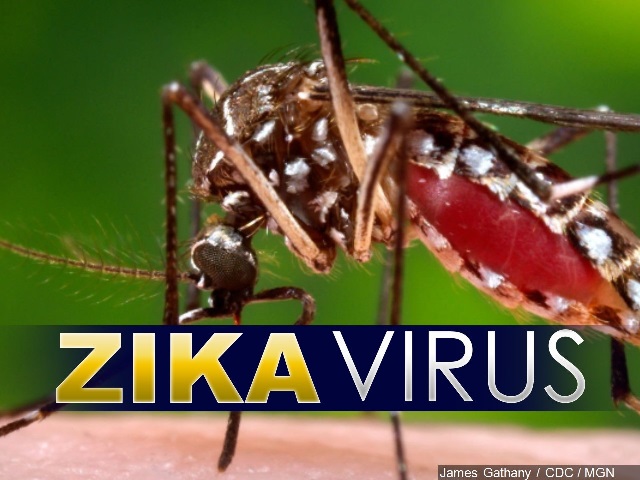GREAT BAY, Sint Maarten (DCOMM) – The National Mosquito Elimination Community Program Zika Virus disease (ZikV) “Beat ZikV,” started out as a pilot project. After an evaluation, the campaign will continue. The data collected is being analyzed to determine which districts will be next in line.
Mosquitoes are one of the deadliest animals in the world. Their ability to carry and spread disease to humans causes millions of deaths every year.
Collective Prevention Services (CPS) within the Ministry of Public Health Social Development coordinated the aforementioned campaign.
The pilot project provided useful information with respect to Aedes aegypti breeding sites; the attitudes and knowledge among the population toward mosquito control; and visibility of the vector control unit of CPS.
The risk of mosquito-borne diseases depends a great deal on the size of mosquito populations and the incidence rate of disease. Although mosquito abundance can be estimated through collection of either immature or adult mosquitoes, mosquito abundance is a key factor contributing to the risk of virus transmission.
The following neighbourhoods were visited in the Cul de Sac Basin by the vector control unit: Saunders, Mary’s Fancy, Betty’s Estate, Ebenezer, St. Johns, St. Peters, South Reward and Weymouth Hill. The inspection/control took place from August 20 to 15 October.
The vector control in the aforementioned neighbourhoods included house to house inspections; a home owner questionnaire; placement of Ovitraps for monitoring; intervention by targeted fogging that took place in Mary’s Fancy and in the area of the Sister Magda Primary School.
624 houses/properties were visited in the Cul de Sac Basin; 333 were open for inspection while 281 were closed; 71 were positive for mosquito breeding; while 223 persons were interviewed during the inspections. Schools were also part of the inspections.
Zika, dengue, chikungunya, and yellow fever are all transmitted to humans by the Aedes aegypti mosquito. More than half of the world’s population lives in areas where this mosquito species is present.
Sustained mosquito control efforts are important to prevent outbreaks from these diseases. There are several different types of mosquitoes and some have the ability to carry many different diseases.
The Beat ZikV community program calls for close cooperation of residents within the identified district (s) to ensure a smooth operation of house to house visits and their availability to create an opportunity to provide one on one education on the elimination of mosquito breeding sites in and around the house.
The ultimate objective is to minimize the occurrence of mosquito borne diseases by eliminating mosquito breeding sites within the districts with a special focus on the elimination of the Aedes Aegypti mosquito.
The Vector Control Unit of CPS was supported by personnel from the Department of Community Development and Humanitarian Affairs, volunteers from the St. Maarten Red Cross, Voluntary Corps Sint Maarten (VKS), American University of the Caribbean (AUC), Community Councils, and Rotary Clubs.
An increase in the mosquito population puts residents and visitors at risk. For information about dengue fever, zika and chikungunya prevention measures, you can call CPS 542-2078 or 542-3003 to report mosquito breeding sites or email: [email protected]






























